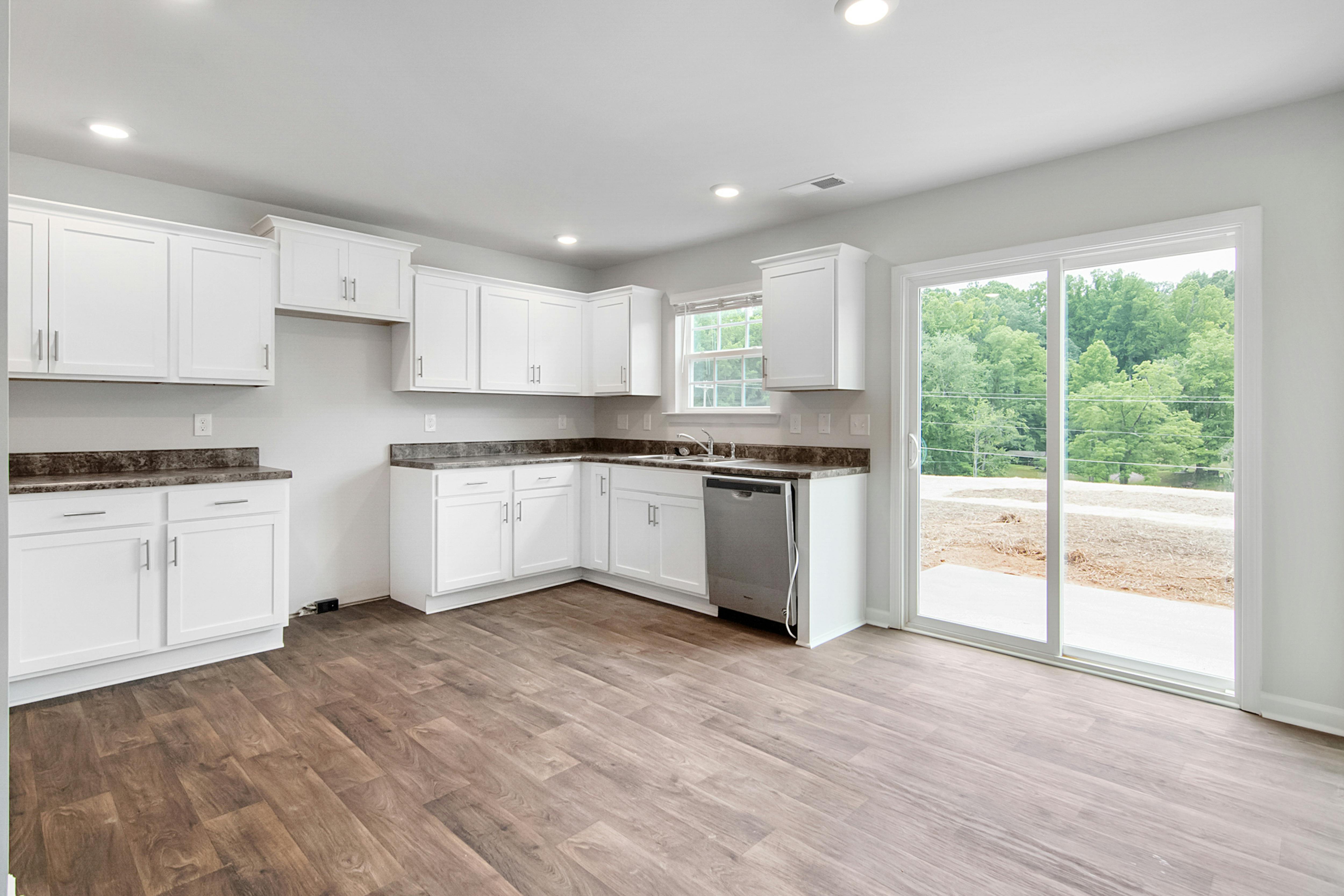The key to renting is to advertise a property, unless you have a strong network to use and can spread the word about your rental properties, advertising really is something you need to maximize.
For many homeowners, it’s hard to know where to start. Advertise a property where and with whom? What price should you be charging for rent and deposits? What should you write in your ad to ensure that a maximum number of people are interested?
Before you hit the main street, use an online rental agent! I know we are one and of course I will always promote our services, but you could really save £100 by using the services of an online rental agent when listing a property you own.
Advertising a property: where…
-
Offline (in news storefronts, etc.)
me
-
Online (using websites that advertise your property on major web portals like Rightmove, Zoopla, etc.)
Advertising a property: online: what to do and how to do it:
Starting price:
-
Start by researching your local area to see what price to rent yours for, search rightmove and Zoopla and compare others that are advertised and compare the condition inside; this will give you a very good idea of what yours will go for.
-
If you’re still not sure, you can call a rental agent and see what they recommend – all rental agents will have access to online searches through Rightmove and Zoopla to look at surrounding areas and see what’s rented/rented that it’s like yours. .
Deposit:
-
In general, the owners request a rental of one month to 6 weeks as a deposit, please note that the maximum you can request is two months.
-
I would also suggest being a bit cautious about asking for a very large deposit, as this can put your property out of some renters’ budget.
Which company to use when listing a property:
-
Decide what services you need: can you do the visits yourself or do you want someone else to do them for you? Most online leasing agents require you to complete the showings yourself, and whenever possible, I encourage you to do so! However, if you can’t, you may need to find a local agent. If you’re looking for a local agent, try to get a few rounds so you can get their opinion on renting the property and also negotiate on their charges.
-
Research potential websites where you can post your property’s rental listing yourself; this gives you a lot of control over what is shown to tenants.
-
Check that they advertise on all major websites and look for those who are members of the Property Ombudsman, as this will become law shortly.
-
Make sure the service listed is exactly what you need, for example if you don’t want to deal with all the inquiries and pre-screen yourself, make sure the service you choose does it for you.
-
What to write/add to your listing:
-
Create a listing on the website or websites you select
-
You should be able to fill out a form about your property, which will help you provide all the necessary information. However, if you’re still not sure, take a look at other properties being advertised.
-
Make the listing descriptive, think about what is special about the property and what it would make you look at if you were a tenant looking. Pay particular attention to the summary description, as it’s the first thing tenants see in their search results and will prompt them to read more.
-
You should be able to include multiple images to give prospective tenants a good idea of what the property looks like. This is essential for your listing, not showing pictures can lead tenants to assume there is something wrong with the property and that is why there are no pictures.
-
Be sure to add your EPC details as all listings are now required to display this rating (most agents will be able to arrange one for you if you don’t already have one)
-
What next when a property is advertised?
Sit back and wait for the inquiries to arrive!
-
Once your ad is live, make sure the links are sent to you so you can check how it looks and act on errors right away to avoid missed opportunities.
-
Your agent should prescreen applicants before introducing them for a showing, but just in case, when they call you, ask the agent all the top questions you want to know if they don’t tell you right away. This saves you and the tenant time on wasted visits.
-
Meet with potential tenants to show the property and discuss the rental agreement. We always suggest getting to know the tenants yourself, this way you can become familiar with them. It also means that you answer any questions about the property immediately and avoid delays in the offer.
-
Once you remove or update your online listings as soon as possible after you rent the property.
Offline advertising of a property:
While over 90% of home seekers begin their search online, there’s nothing wrong with making sure you’ve covered all angles in renting your property and avoiding a void.
-
Place a “For Rent” sign with your phone number on your rental property site to attract drive-by applicants, or request a Rent Board from your online rental agent, which will be erected and removed for you.
-
Depending on your target tenant, it might be worth placing a classified ad in your local newspaper with your phone number, briefly describing the basic features of the property, the monthly rent, any security deposit, and unit availability. ?
-
Prepare and post announcements or fliers about the availability of your rental property on bulletin boards at local stores, businesses, churches, and any local community centers near your property.
-
If you have more than one rental property, tell your current tenants about the vacancy and ask them to spread the word to friends and family. This is especially useful if you rent to students.
-
Let your friends and business associates know about rental property availability to take advantage of word-of-mouth advertising.




